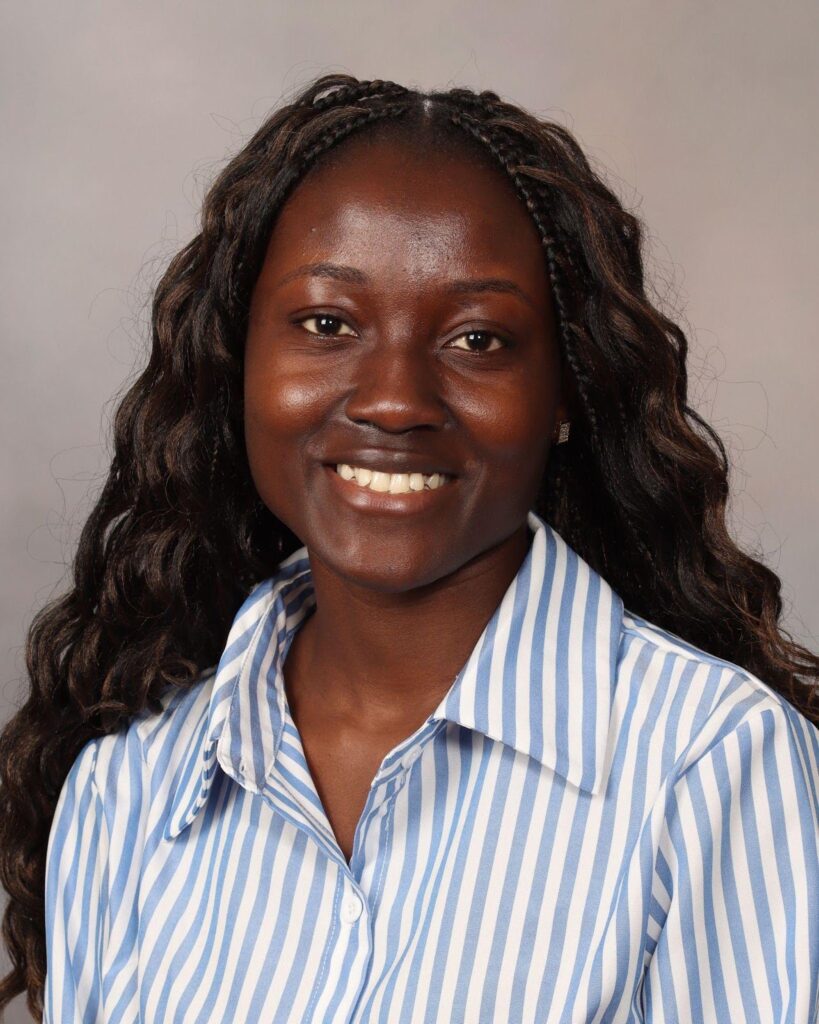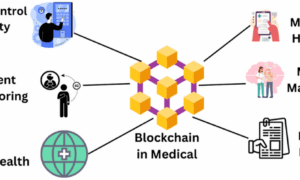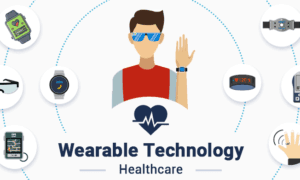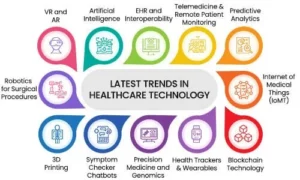In West Africa, the healthcare landscape has long been marred by significant challenges: overcrowded and underfunded facilities, a severe shortage of skilled healthcare professionals, and immense disparities in access to quality care, particularly in rural areas. These obstacles have contributed to the region’s high morbidity and mortality rates from preventable diseases, with many communities unable to access basic healthcare services. But amidst these daunting challenges, Adelaide Yeboah Forkuo is emerging as a leading force in the movement to revolutionize healthcare delivery across the region.
Adelaide’s work is centered on the innovative integration of digital diagnostics and virtual care platforms, two technologies that hold immense potential for addressing the most pressing issues in West African healthcare. By combining the power of mobile technology, artificial intelligence (AI), and telemedicine, Adelaide is crafting solutions that are not only practical and scalable but also deeply responsive to the unique challenges faced by communities with limited access to healthcare.

Adelaide Yeboah Forkuo
West Africa is home to a diverse population, with vast rural areas where healthcare facilities are few and far between. The situation is compounded by inadequate healthcare infrastructure, which often leads to long wait times, missed diagnoses, and delayed treatment, all of which contribute to poor health outcomes. The introduction of digital health technologies offers a promising solution to these problems. Through AI-powered diagnostic tools and mobile health applications, Adelaide’s work is enabling healthcare providers to perform accurate and timely diagnoses, even in remote locations. This technology is allowing healthcare workers to bring healthcare to the people, rather than requiring patients to endure long and costly trips to urban hospitals.
One of the most transformative aspects of Adelaide’s research is the potential of digital diagnostics. In regions where healthcare access is limited, traditional diagnostic processes—often requiring patients to visit urban centers—can be a major barrier to care. With Adelaide’s approach, point-of-care diagnostic devices and smartphone-enabled applications are being used to diagnose patients in the field, significantly reducing waiting times and enabling healthcare professionals to intervene sooner. These technologies not only improve diagnostic accuracy but also streamline the entire healthcare process, making it more efficient, more effective, and more accessible for those who need it most.
Alongside digital diagnostics, Adelaide is championing the power of virtual care platforms to overcome geographical barriers that prevent millions from accessing timely healthcare. Through telemedicine, healthcare providers can offer remote consultations, allowing patients to receive expert advice and care without having to travel long distances. For individuals with chronic conditions like hypertension or diabetes, the ability to receive ongoing monitoring and regular check-ins from healthcare providers is invaluable in managing their health. These platforms not only empower patients to take control of their health but also alleviate the pressure on overwhelmed healthcare systems by offering an efficient way to monitor and manage chronic conditions without overburdening hospitals.
The impact of Adelaide’s research is already becoming evident in various pilot programs across West Africa. In countries like Nigeria, mobile health applications have proven essential in improving maternal and child health. These applications provide expectant mothers with timely reminders, health tips, and access to educational resources, significantly reducing the risks associated with pregnancy and childbirth. Similarly, the use of telemedicine has seen success in improving access to care in rural areas, reducing wait times for consultations, and improving health outcomes by providing earlier intervention for patients with chronic illnesses. These real-world applications underscore the profound difference that digital health technologies can make in the lives of people who have historically had limited access to healthcare.
As a journalist covering this transformative work, it is evident that Adelaide’s research is not just improving healthcare delivery in West Africa—it is part of a larger global movement that seeks to reshape how healthcare is delivered worldwide. The success of digital health innovations in West Africa could set the stage for similar initiatives in other regions facing healthcare access challenges. The potential impact is far-reaching, as the world grapples with the increasing demands of aging populations, chronic disease management, and the burden of infectious diseases. Adelaide’s work provides a roadmap for how healthcare systems around the world can integrate digital tools, mobile health applications, and virtual care platforms to improve health outcomes and ensure universal health coverage.
Despite the enormous potential, the widespread adoption of digital health technologies is not without challenges. The digital divide remains one of the most significant barriers to implementation. In many parts of West Africa, there is limited internet access, unreliable electricity, and low digital literacy, all of which can impede the full integration of digital health solutions. Adelaide’s research emphasizes the need for policy reforms, investment in infrastructure, and digital literacy training to overcome these challenges and ensure that digital health technologies can be widely implemented and sustained. The work is not just about technology—it’s about creating an enabling environment where these innovations can thrive.
In addition to technological and infrastructural barriers, cultural acceptance is another key issue in the successful integration of digital health solutions. Many communities in West Africa are deeply rooted in traditional healthcare practices, and the introduction of new technologies can sometimes be met with resistance. Adelaide’s research underscores the importance of community engagement, ensuring that digital health solutions are designed with local customs and healthcare practices in mind. By working closely with communities, stakeholders can foster acceptance of these technologies, ensuring they are embraced and used effectively.
Looking ahead, Adelaide’s work provides a vision for the future of healthcare in West Africa and beyond. The integration of AI, mobile health applications, and telemedicine could usher in a new era of accessible, timely, and cost-effective healthcare. As digital health solutions continue to evolve, they offer a pathway for resilient, equitable healthcare systems that can provide quality care to even the most underserved populations.
The transformative potential of Adelaide’s research cannot be overstated. With her innovative approach, she is not only addressing the immediate challenges of healthcare delivery in West Africa but also creating a blueprint for digital health solutions that could benefit the entire world. As global healthcare systems continue to face mounting pressure, the work of researchers like Adelaide will play a crucial role in shaping the future of healthcare delivery, ensuring that quality care is within reach for everyone, no matter where they live.






























